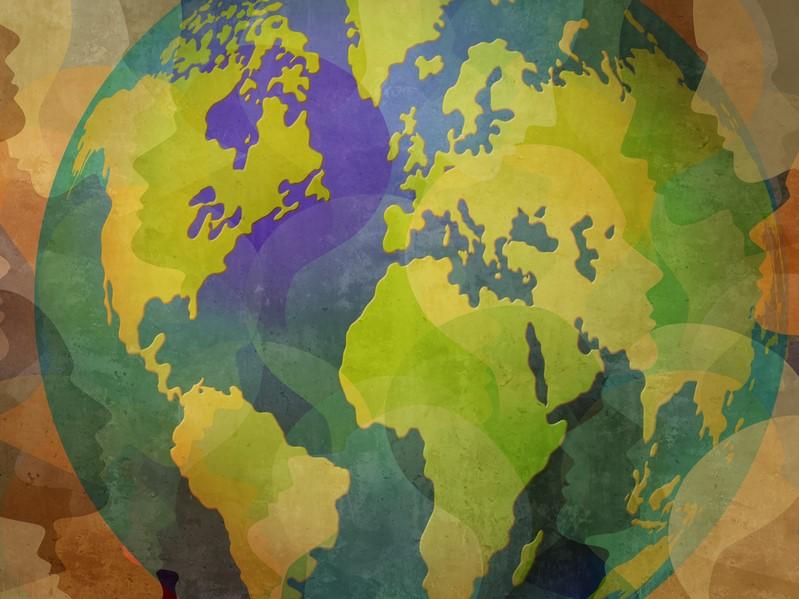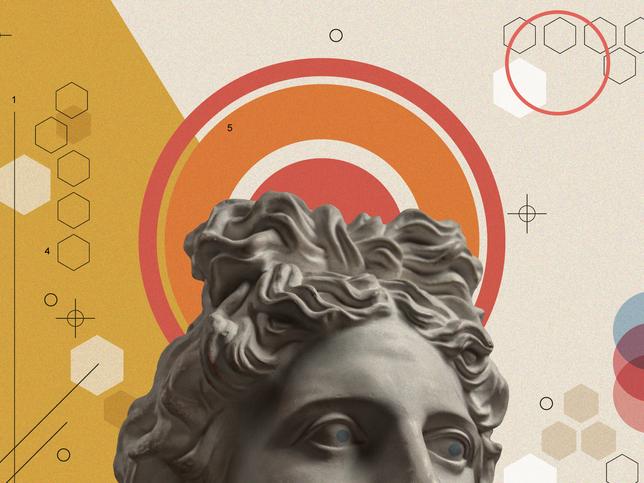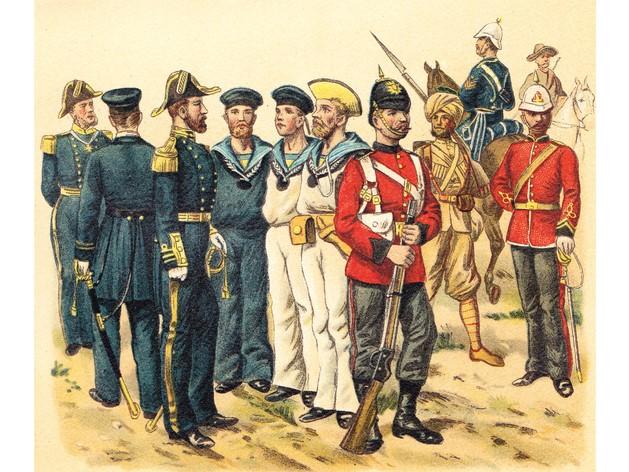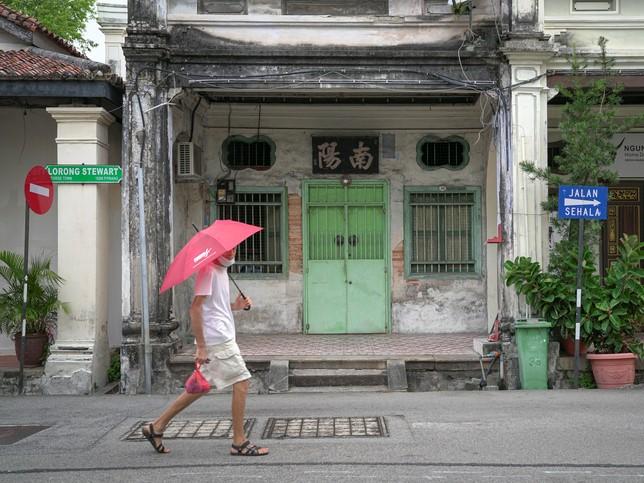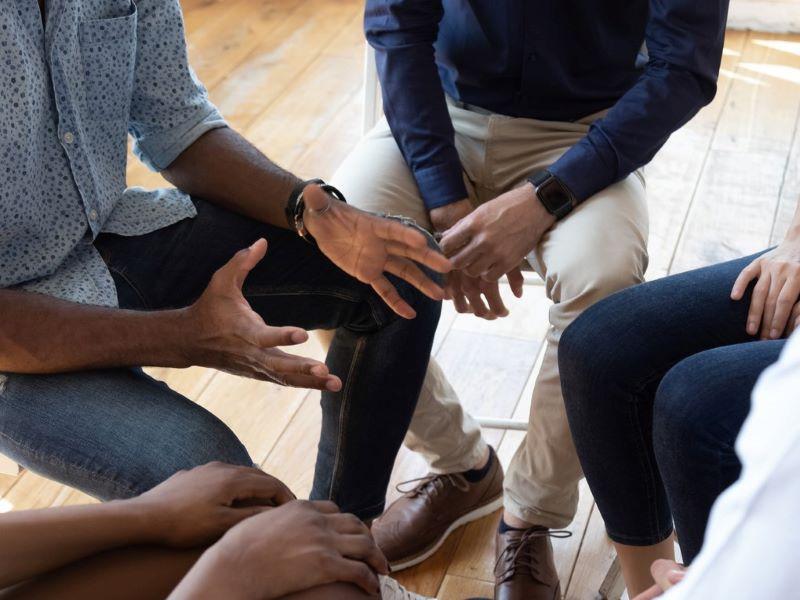Advice on decolonising the curriculum across different disciplines and unpicking the impact of colonial and Western power structures on higher education and models of teaching and learning. These resources aim to help academics enrich education and scholarship through decolonisation, bringing in previously overlooked knowledge and voices and challenging long accepted norms within higher education.
